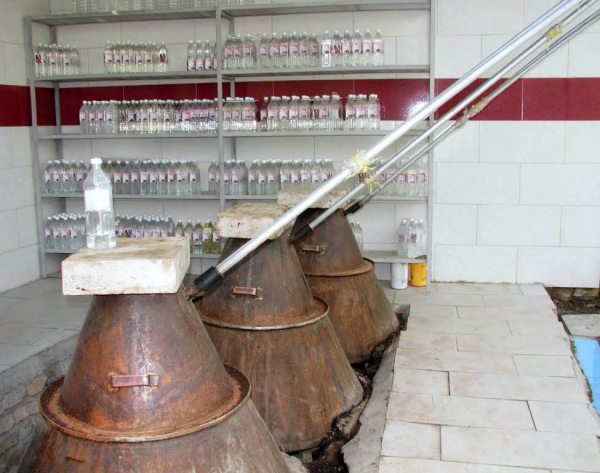Facts About Rose water
Rose water is a fragrant liquid created by steeping rose petals in water or collecting the hydrosol produced during the distillation of rose petals. This hydrosol is also a by-product of making rose oil for perfumes. This versatile liquid is used to flavor food, enhance cosmetics, prepare medical treatments, and for various religious rituals in Europe and Asia. When sugar is added to rose water, it transforms into rose syrup, a rare and precious delicacy. Historically, roses have been esteemed for their medicinal, nutritional, and aromatic benefits.
In the culinary world, rose water is an essential ingredient in many cuisines, including Indian, Middle Eastern, and European. It imparts a distinctive flavor to sweets, beverages, and baked goods. In the realm of beauty and skincare, rose water is valued for its soothing, anti-inflammatory properties and its delightful fragrance. Furthermore, it holds significant importance in religious ceremonies across various faiths such as Hinduism, Islam, Christianity, Zoroastrianism, and the Baha'i Faith.
The composition of rose water, especially when steam-distilled from Rosa × damascena, includes compounds like citronellol, nonadecane, geraniol, and phenyl ethyl alcohol, which contribute to its unique aroma. With its rich history and diverse applications, rose water continues to be a treasured element in culinary arts, cosmetics, medicine, and religious traditions around the world.

 Jordan
Jordan